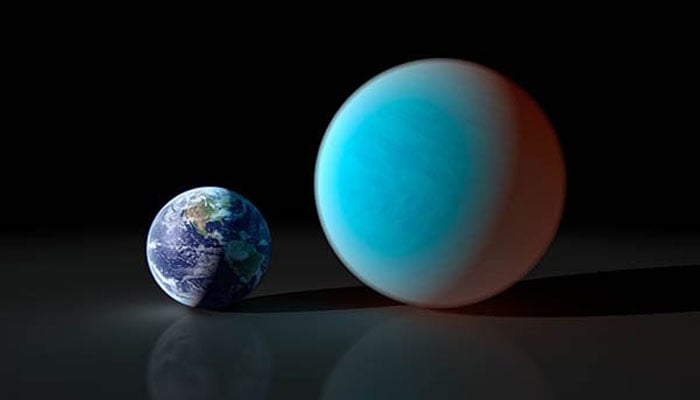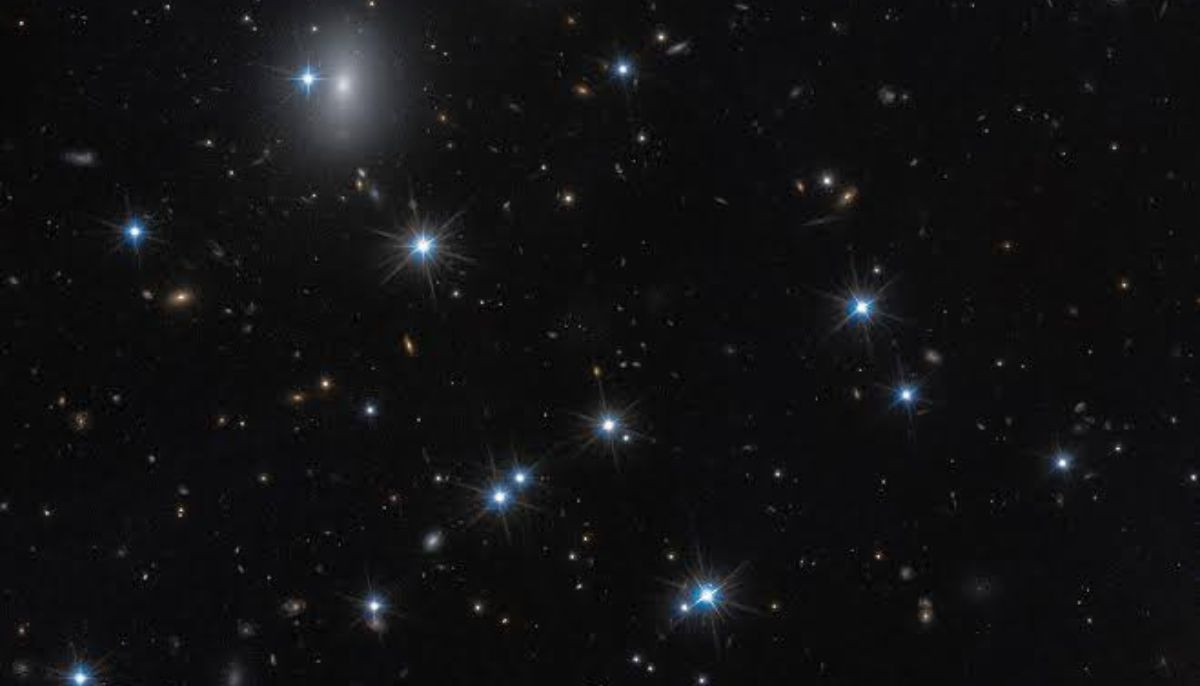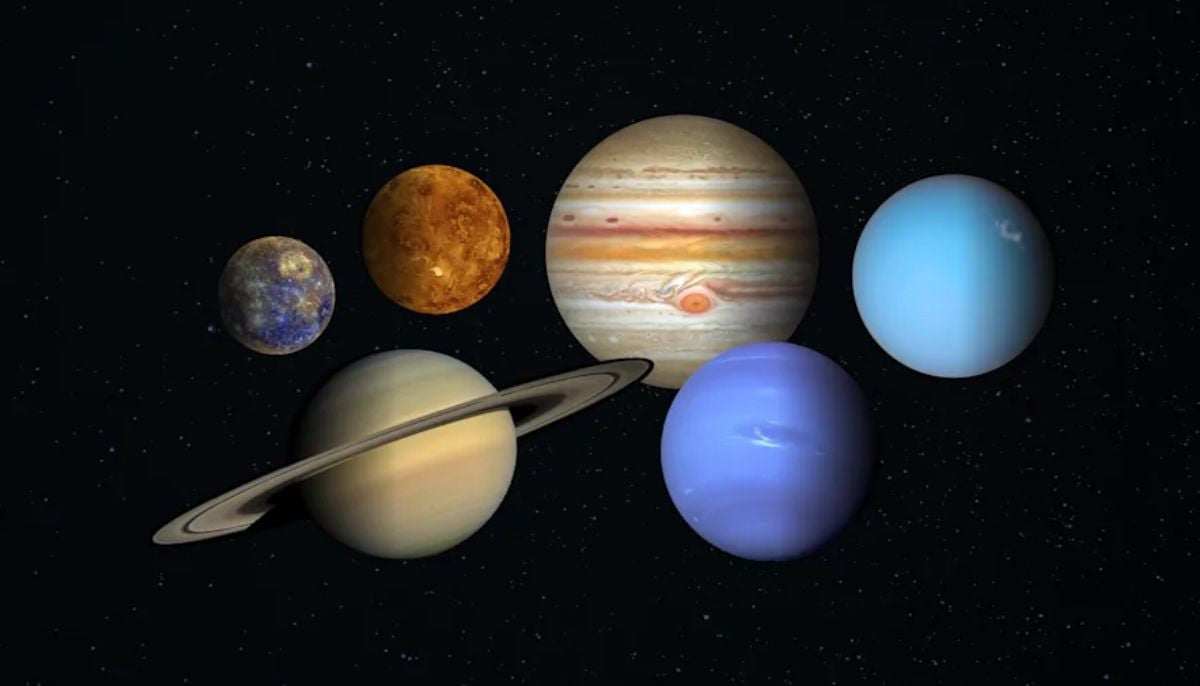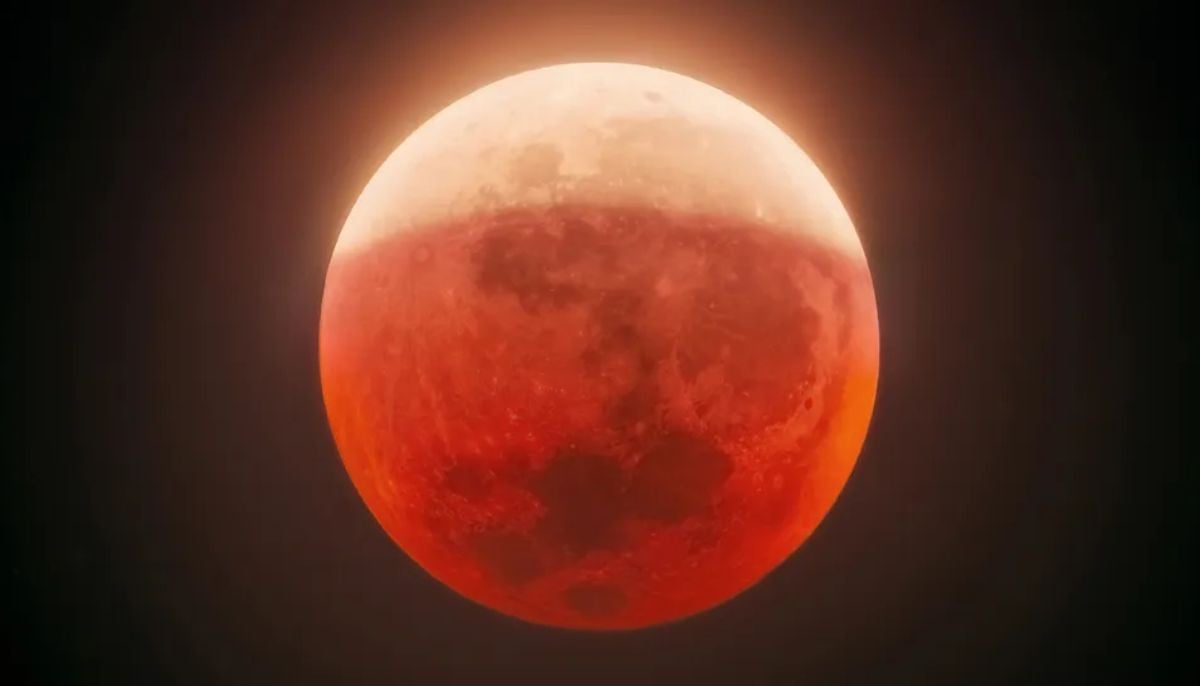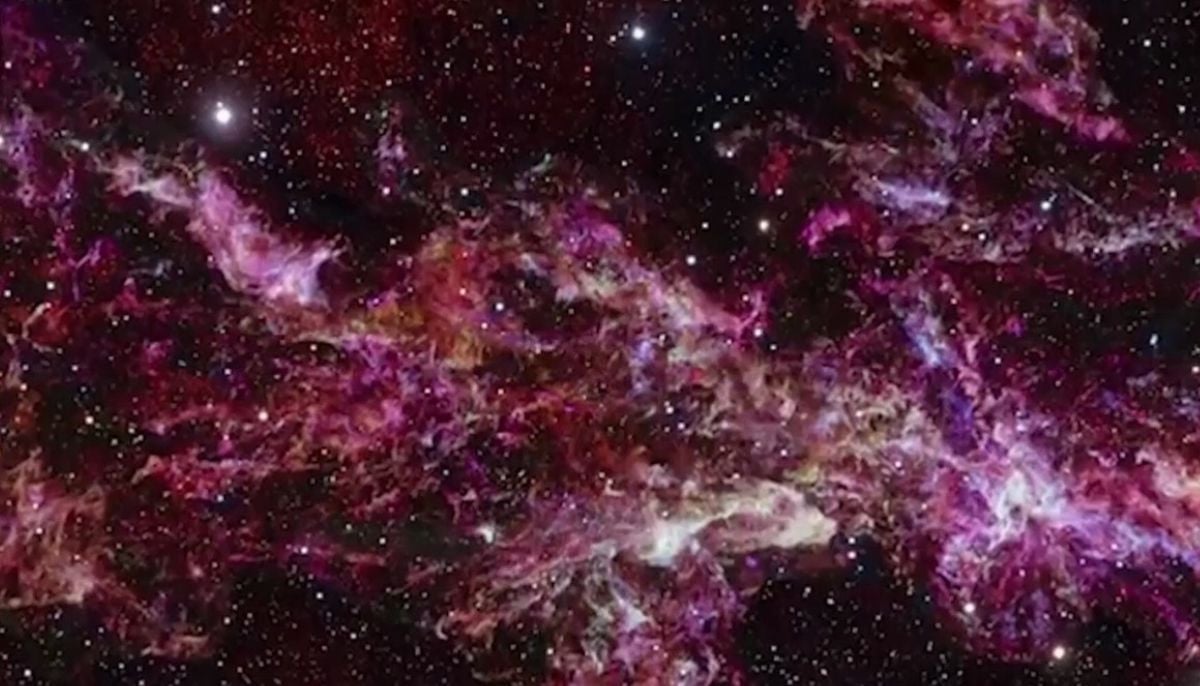Sub-Neptune planets dance in rhythm: Here's why
Exoplanets dance around bright orange star HD 110067; have sizes between Earth, Neptune
Sub-Neptune planets that dance in time with the rest of their planetary systems and are less dense than those who don't have been discovered by the scientists
They are the most common planets in the Milky Way despite being notably absent from the solar system, reported Space.
Sub-Neptune planets are exoplanets with sizes between those of Earth and the ice giant Neptune. According to an estimate, between 30% and 50% of sun-like stars are orbited by at least one sub-Neptune, however, despite these worlds appearing easily, scientists studying extrasolar planets, or exoplanets, have encountered difficulty measuring sub-Neptunes' densities.
They seem to split into two distinct categories: "puffy" and "non-puffy” on the basis of the techniques used for these measurements.
For around 4 billion years, this rhythmic dance performed by the sub-Neptunes has existed around the bright orange star HD 110067. Interestingly, it is about equal to the time the solar system has existed. Despite it being fascinating, it doesn't signify why the sub-Neptunes seem to be less dense in this system.
"The numerical models of planetary system formation and evolution that we have developed at Bern over the last two decades reproduce exactly this trend: planets in resonance are less dense," Yann Alibert, a professor at UNIBE's Space Research and Planetary Sciences Division and member of the discovery team, said in a statement.
"This study, moreover, confirms that most planetary systems have been the site of giant collisions, similar or even more violent than the one that gave rise to our Moon,” he added.
-
SpaceX launches 25 Starlink Satellites on its Falcon 9 booster from the West Coast
-
New observatory sends 800,000 asteroid alerts in one night
-
Planetary parade 2026: Here's how to see six planets aligning today
-
NASA announces new Artemis moon mission aimed at expanding astronauts’ exploration efforts
-
Is human mission to Mars possible in 10 years? Jared Isaacman breaks it down
-
Total lunar eclipse to turn Moon red on March 2-3
-
Stunning new photos of the Milky Way shed light on how stars are formed
-
Antarctica’s mysterious ‘gravity hole’: What’s behind the evolution of Earth’s deep interior?
